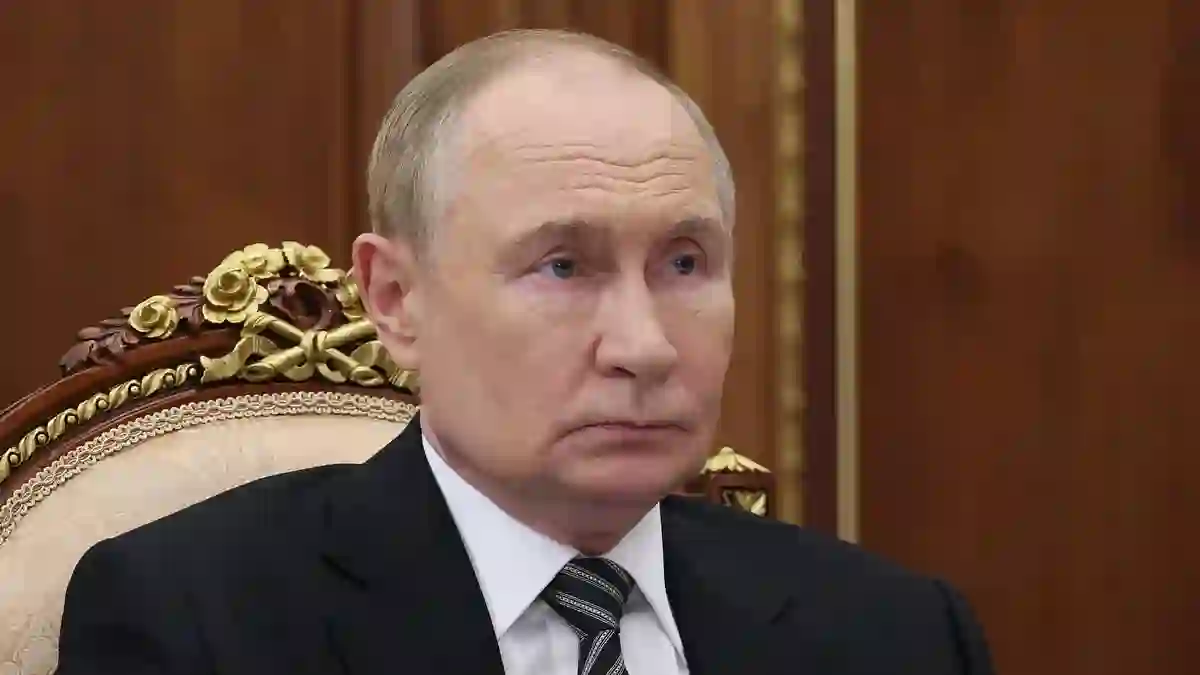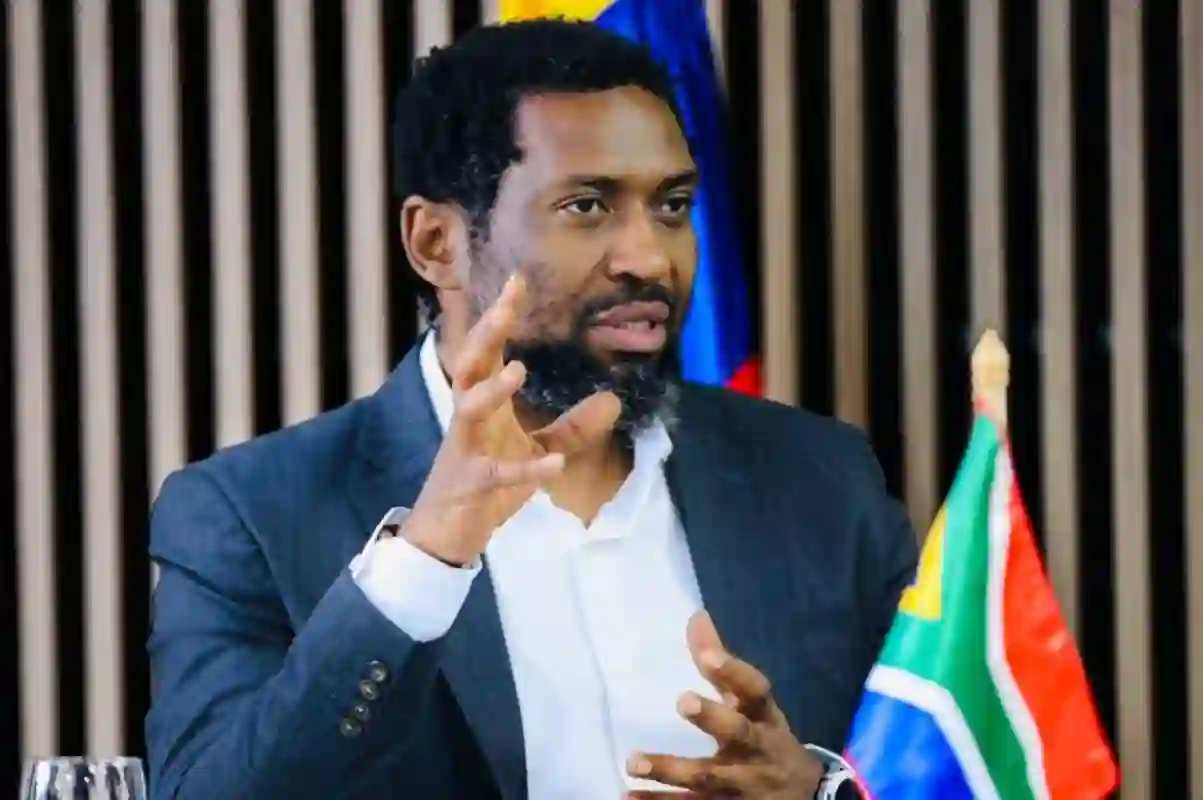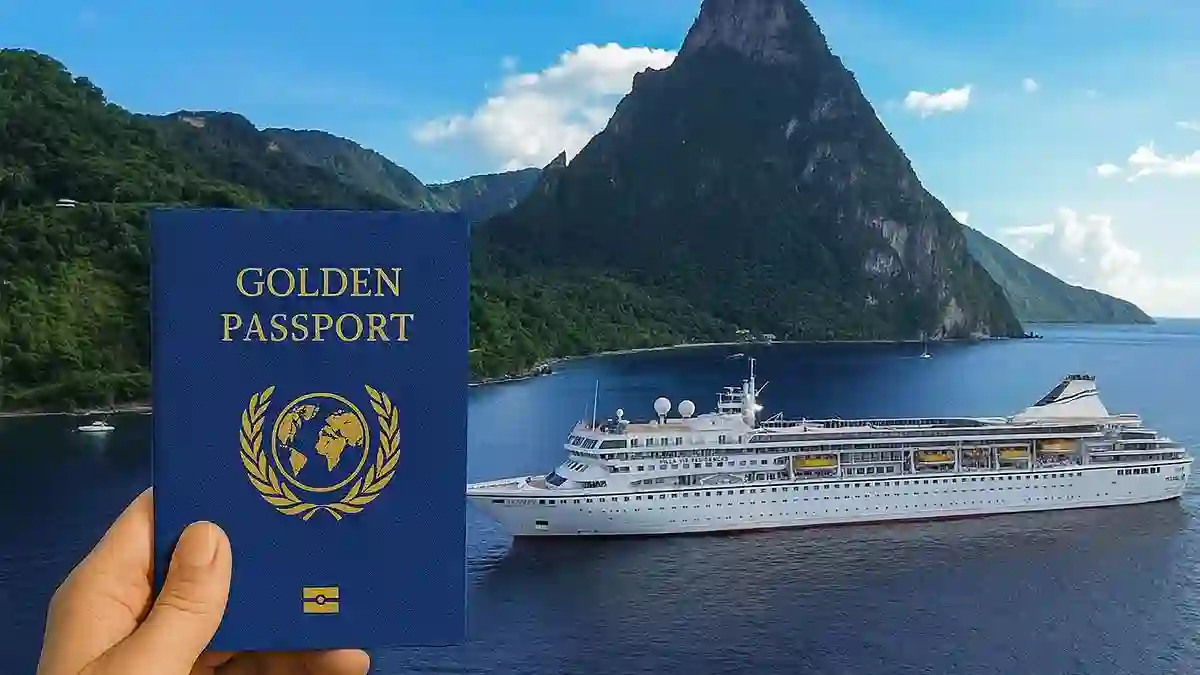Efforts to bring the war in Ukraine to a diplomatic close are once again hitting a wall.
While U.S.-led attempts to push for progress continue, Vladimir Putin appears to be returning to his old playbook of stalling, shifting demands, and dragging out negotiations—all while intensifying attacks on Ukrainian cities.
Troop Movements and Fresh Strikes
President Volodymyr Zelensky warned this week that Russian troops are reinforcing positions in the Zaporizhzhia region, an area Moscow continues to claim as its own.
He said forces have even been shifted from the Kursk direction to strengthen that southern front.
Overnight, Ukraine endured its biggest missile and drone barrage in weeks.
One person was killed, dozens were injured, and residential areas in western Ukraine were badly damaged.
Strikes even hit a U.S.-owned business that, according to Zelensky, produced household goods like coffee machines.
U.S. Diplomacy Meets Moscow’s Defiance
Earlier this month, President Donald Trump hosted separate meetings with Putin in Alaska and with Zelensky and European leaders in Washington in a bid to inject momentum into peace efforts.
But Moscow has so far dismissed the possibility of a direct Putin–Zelensky summit anytime soon.
Foreign Minister Sergei Lavrov claimed Zelensky’s legitimacy is questionable because Ukraine delayed elections during the war.
He also insisted that Russia must be included in any talks about Ukraine’s future security guarantees, calling any process without Moscow “a road to nowhere.”
Adding New Players to the Mix
Lavrov didn’t stop there. He argued that China should also be involved in shaping Ukraine’s security arrangements—an unexpected demand that further complicates the process.
Russia’s proposed model mirrors terms it pushed back in 2022, under which Ukraine’s security guarantors would only act if all agreed, including Russia and China.
Zelensky firmly rejected this, pointing out that Beijing never helped Ukraine stop the war and, instead, supported Moscow by opening its drone market.
“We do not need guarantors who did not stand by us when we needed them most,” he said.
Russia’s Attacks Undermine Peace Talk Claims
Despite talks of peace, Russia launched more than 500 drones and dozens of missiles overnight, with Ukrainian defenses intercepting most but not all.
In cities like Lviv and Mukachevo, buildings were destroyed, civilians were injured, and officials described the attacks as acts of “terror against people” rather than military strategy.
The strikes, according to Zelensky, show that Moscow is not serious about negotiations.
“This requires a response,” he stressed, adding that no sign has come from Russia that it genuinely intends to end the war.
A Familiar Stalling Strategy
This isn’t the first time Putin has delayed progress.
During earlier rounds of talks in Turkey, he avoided attending in person, sending only lower-level delegates to slow down the process.
Analysts say his recent moves follow the same pattern: make demands, change them, and drag out discussions to avoid making real concessions.
At last week’s Alaska summit with Trump, Putin emphasized addressing the so-called “root causes” of the conflict, which in his view include Ukraine giving up territory, scaling back its military, and abandoning hopes of NATO membership.
Analysts React to the Deadlock
Experts say these tactics are designed to buy time and maintain pressure.
Former UK diplomat Philippe Dickinson described the Alaska meeting as “the treading water summit,” giving Putin the chance to appear cooperative while avoiding commitments.
Tatiana Stanovaya, a senior fellow at the Carnegie Russia Eurasia Centre, was blunt: “Putin will not meet Zelensky under the current circumstances.
For him, such a meeting is only possible if Zelensky accepts Russia’s terms.”
Calls for a Stronger Western Response
Analysts argue the only effective counter to Putin’s strategy is increased pressure.
Dickinson urged European leaders to press Trump into adopting a tougher stance: “Putin is the only obstacle to peace.
Without stronger military, diplomatic, and economic pressure, he will continue to tread water in the bloody lake he has created.”



